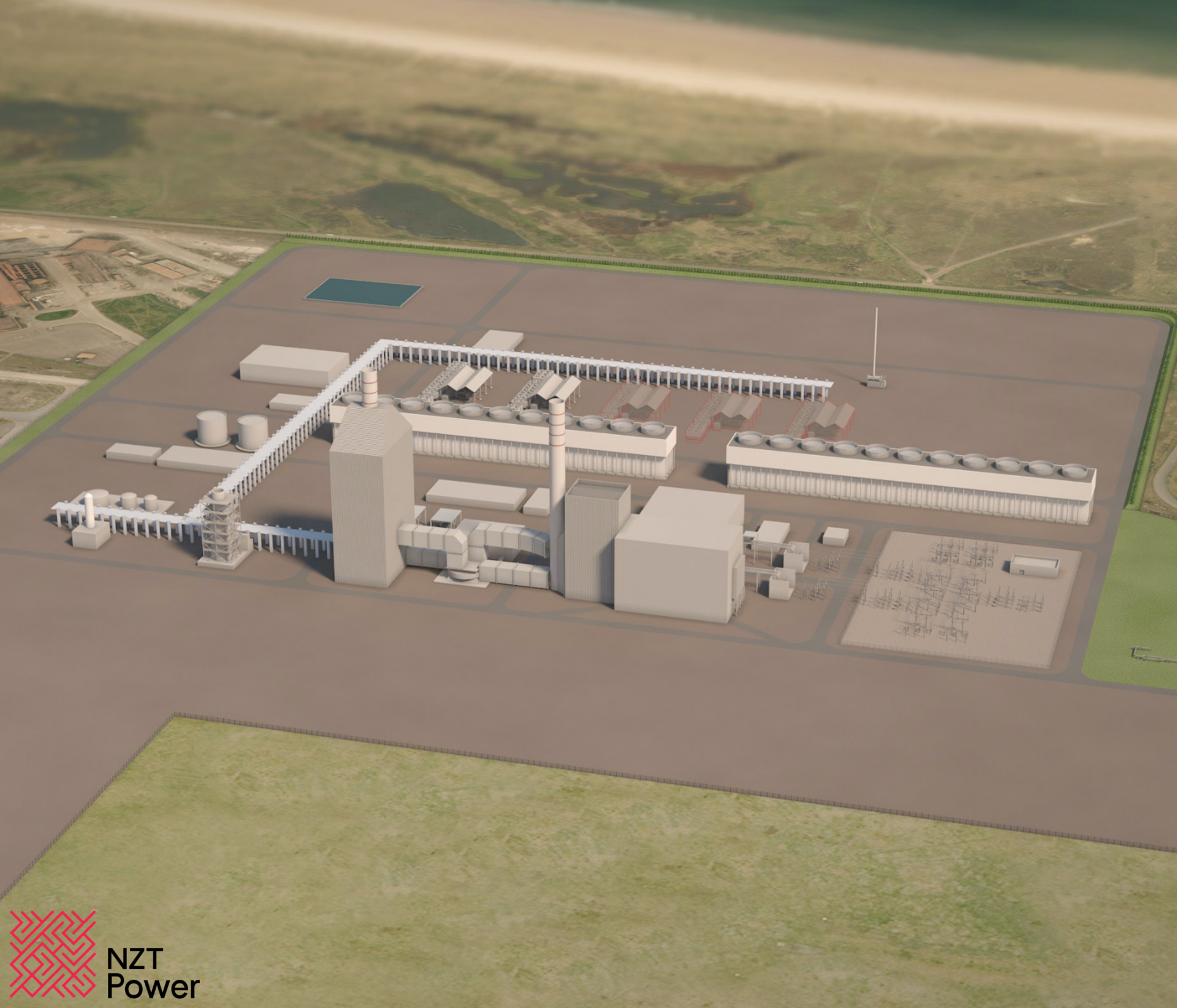GE Vernova, Technip Energies Enter Execution Phase for NZT Power Project
Upon receiving a letter of intent from bp, the companies began the consortium and technology selection for Net-Zero Teesside (NZT) Power in the United Kingdom—a gas-fired power station equipped with carbon capture.
bp’s NZT Power project in the United Kingdom entered the execution phase, i.e., consortium and technology selection. bp sent a letter of intent on behalf of NZT Power Ltd. to the consortium which includes Technip Energies, GE Vernova, and construction partner Balfour Beatty. The project—slated to be one of the first commercial scale gas-fired power stations with carbon capture, capturing up to 2 million tons of CO2 per year—will provide flexible and dispatchable low-carbon electricity.
“Our selection for the NZT Power project is a testament to Technip Energies growing leadership position as an integrated state-of-the-art CCUS solutions provider,” said Arnaud Pieton, CEO of Technip Energies. “By capturing up to 2 million tons of CO2 at a large power plant, we collectively rise to the challenge of scale by providing sustainable and available energy at a large scale. With our partners GE Vernova and Balfour Beatty, we are honored to contribute to this flagship project that supports bp and the UK in their goal of developing one of the first decarbonized industrial clusters in the world.”
Balfour Beatty will lead the construction of a high-efficiency combined-cycle plant, while GE Vernova will supply the power generation equipment for the project. NZT Power will be equipped with a 9HA.02 gas turbine, a steam turbine, a generator, and a heat recovery steam generator. These assets will be integrated with a carbon-capture plant using Technip Energies’ Canopy by T.EN solution, powered by the Shell CANSOLV CO2 capture technology.
Rendering of the NZT Power station; Image Credits: bp

“Today’s announcement takes us a step closer to realizing one of the world’s first commercial scale gas-fired power stations with carbon capture. It’s a significant milestone in delivering the critical infrastructure needed to transition the U.K. to Net Zero,” said Leo Quinn, CEO of Balfour Beatty Group. “Balfour Beatty’s market leading capabilities, underpinned by our unrivalled experience and proven track record in delivering complex infrastructure projects, means we are positioned to support the delivery of this project alongside Technip Energies and GE Vernova—proving on the world-stage that the United Kingdom is primed and ready to lead the way in decarbonizing our industrial footprint.”
Technip Energies and GE Gas Power were initially selected by bp to conduct the FEED study in December 2021 for the NZT Power project. They developed a plan for integrating amine-based carbon-capture technology in a natural gas-fired combined-cycle plant, selecting Shell’s CANSOLV CO2 technology at the time.
“Led by Technip Energies, the consortium will be supported by Shell Catalysts & Technologies, provider of the licensed CANSOLV CO2 capture technology and Balfour Beatty, our U.K. construction partner,” said Pieton. “Our capabilities in carbon capture projects and technology integration, combined with GE Gas Power’s expertise in natural gas combined cycle plant engineering, operability, and plant integration, will support bp’s goal of developing one of the first decarbonized industrial clusters in the world.”
The NZT Power project falls under the umbrella of the carbon capture, usage, and storage (CCUS) East Coast Cluster and is on the short list for the U.K.’s funding support as part of the net-zero program. Prior to its CCUS cluster selection, the project was granted a Development Consent Order from the Secretary of State of the Department for Energy Security and Net Zero. Balfour Beatty, GE Vernova, and Technip Energies are also forming a Carbon Capture Alliance (CCA) in the United Kingdom, supported by Shell. The CCA is committed to long-term investment in the country, with members holding a significant U.K. footprint and a mature supply chain.
“The development of NZT Power, one of the world’s first commercial scale gas-fired power stations with carbon capture, marks a huge step towards supporting the UK government’s commitment to fully decarbonize its power system by 2035,” said Maví Zingoni, CEO, Power at GE Vernova. “GE Vernova will help bring proven expertise in natural gas combined-cycle plant engineering, operability, and full-scale integration to support carbon abatement for this project. We believe post-combustion carbon capture can play a crucial role in reducing emissions and ensuring dispatchable power in the future.”
In March 2023, the United Kingdom announced up to €20 billion in funding to support the deployment of CCUS and the formation of four carbon-capture clusters by 2030, including the East Coast Cluster that contains the NZT Power project. This funding and the NZT Power project aligns with the European Commission’s Net-Zero Industry Act, which establishes a framework of measures to bolster Europe’s development of net-zero technologies.